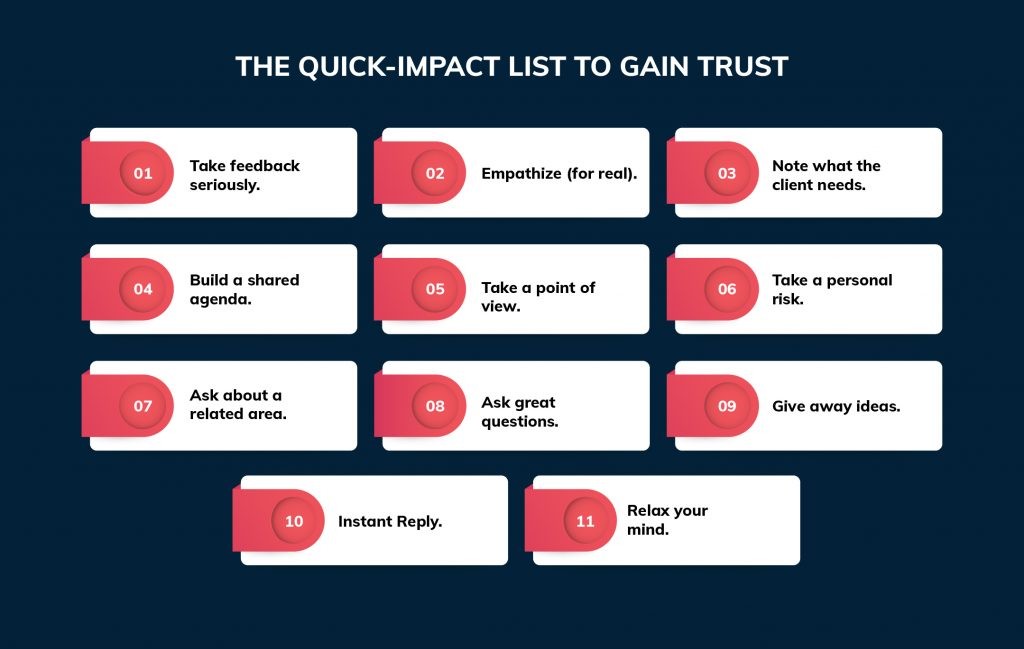Culture
The keys to successful client relationships and client retention
By
ISLAM HABIB
Oct 6, 2020
If you have been working in a client-facing role then for a fact you stopped at one point in your career and wondered about the following questions:
Is it possible to close more deals?
How to manage client relationships effectively?
How can I approach my clients more often?
Before focusing on how you can overcome these issues and start developing new, exciting client relationship-building skills, you have to understand the cost of neglecting this issue.
Client Retention is important!
What most businesses tend to do when they see their sales numbers starting to decline is spending more of their hard-earned marketing dirhams trying to acquire new clients. They need to understand the importance of client retention
Client retention is simply your organization’s ability to retain clients over a certain period. It is also one of the simplest ways of measuring how reliable and consistent your organization can be in delivering a service, and it can be a powerful driver for customer acquisition through referrals and case study evidence of results your organization managed to deliver over the years for existing clients.

Why is Client Retention Important!
To understand why it is important to focus more on retaining existing clients rather than acquiring prospect ones let us take a look at the following statistics:
Retaining more clients is 5x more cost-effective than acquiring potential clients.
80% of your future profits will come from just 20% of your existing customers.
Increasing your client retention by 5% can increase your profits anywhere from 25-95%.
The success rate of selling more products and services to clients you already have is 60-70% in contrast to the success rate of selling to new clients which are 5-20%.
When it comes to financial planning and driving consistent growth, client retention is extremely important for your business. The more committed clients you have in the next financial quarter, the easier it will be to make sound budgetary decisions.
How can you develop better relationships with your customers? You simply must earn your client’s trust.
The Quick-Impact List to build Trust
What are the steps you can do by being in a client-facing role and an advisor to the client to gain their trust?

1. Take feedback seriously : Train yourself to listen and paraphrase, to get what the client is trying to say.
2. Empathize (for real) : Listen to where the client is coming from, understand that perspective and acknowledge that understanding.
3. Note what the client needs : Note what clients say and do in your interactions with them. Make careful deductions about what their needs might be. Acknowledge your feelings and voice them as well smartly
4. Build a shared agenda : Whether you are in a large or informal meeting, share your ideas for an agenda and ask the client to add their ideas as well. This creates buy-in and shows you have a “we, not me” attitude.
5. Take a point of view : Go out on a limb with an idea or perspective, even if you’re not entirely sure of it. Such articulation stimulates reactions and crystallizes issues, catalyzing to draw ideas out of your client.
6. Take a personal risk : Put yourself “out there” for your client — reveal something about yourself, even though such revelations carry with them risks.
7. Ask about a related area : Advisors who notice and express interests outside their particular realm of experience makes an impression on their clients.
8. Ask great questions : Open-ended questions allow you to probe for client needs without artificially framing the client’s response or biasing them one way or another.
9. Give away ideas : It is the uniquely human ability to redefine a problem and come up with innovative solutions for solving it. It is what a successful advisor brings to every situation, and it only improves with practice.
10. Instant Reply : Replying to the client, fast, could be the most trust-creating gesture you do. No one expects it, and it demonstrates how much you value your client.
11. Relax your mind : Critical meetings with your client can be stress-inducing environments; it is crucial to rid your mind, however temporarily, of internal distractions before entering into such situations.
Conclusion
ITCAN’S successful relationship management culture :
At ITCAN we believe that long term success is established by performance-focused strategies and strong relationship management to achieve win-win results all across.
We believe in transformative growth, accelerating businesses and constructing a path upwards to achieving maximum potential, the client is at the heart of it
Know more about us
Know more about our culture and work environment: Life at ITCAN





